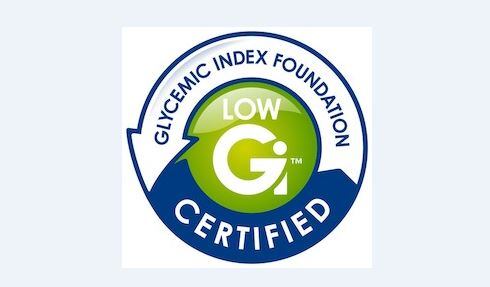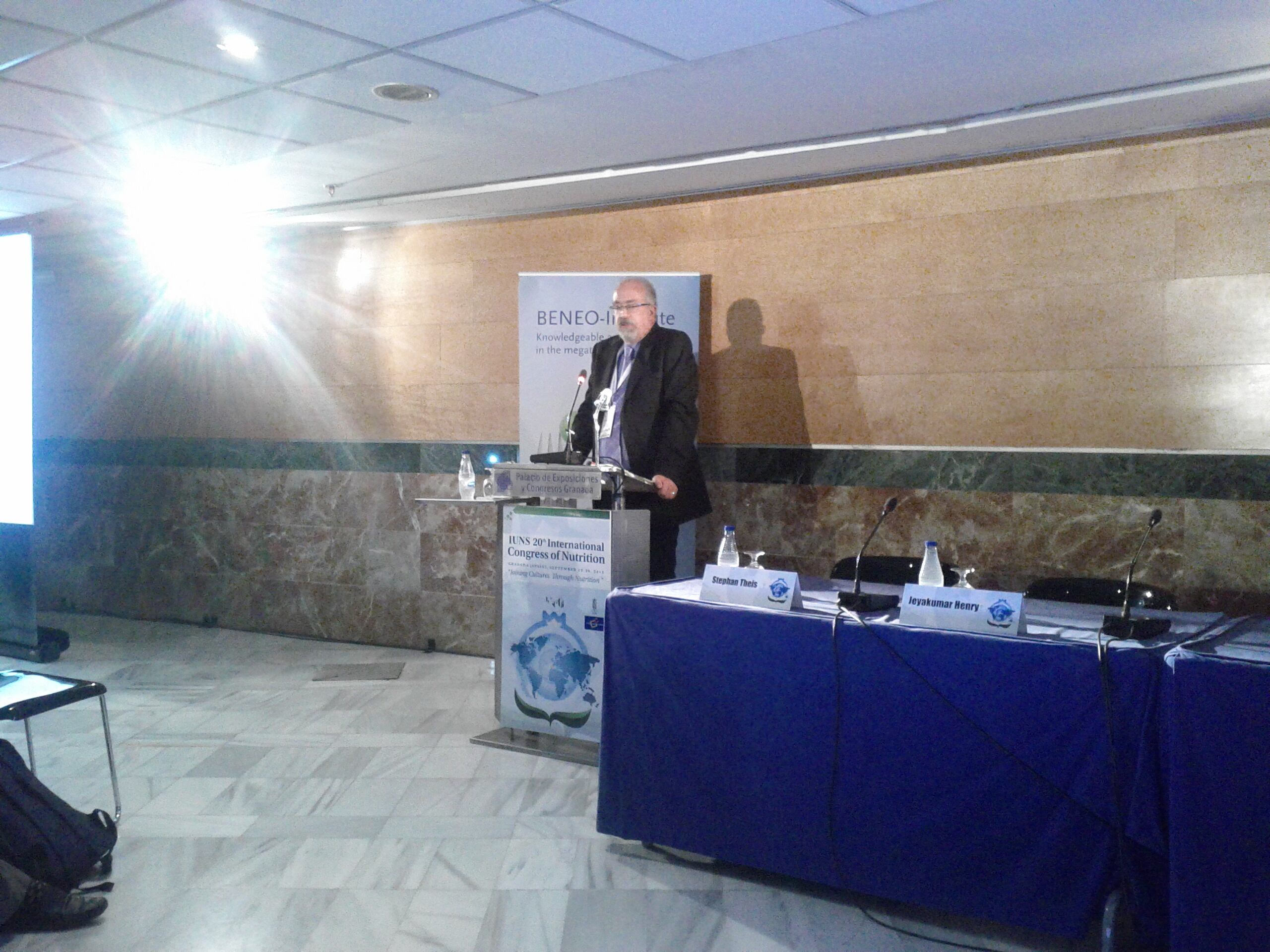“GI is not a new concept and it has not been completely popularised in so many countries, but it is rather new to Asia and it is there that it could have a great impact because of the size of the problem and its ability to quickly show consumers the differences in carbohydrate content,” Jeyakumar Henry, of the Singapore Institute for Clinical Sciences, told us after giving a presentation.
“GI can be more powerful obesity-fighting tool in Asia than the west.”

Glycaemic index (GI) refers to how quickly blood sugar levels rise after eating certain foods, while glycaemic load also takes into account the amount of carbohydrate consumed.
In China, where the number of diabetic or pre-diabetic people has spiralled to around 100m, Professor Henry said only a combination of nutra and pharma interventions could begin to tackle the problem.
Professor Henry was speaking at a Beneo-sponsored symposium at the 20th International Congress of Nutrition (ICN) in Granada, Spain, in which academics presented latest findings on fibres, gut microbiota, obesity and weight management.
“(Low glycaemic carbohydrates) have been shown to improve glucose control, increase fat oxidation as well as satiety and help to minimise adipose tissue accretion,” he said.
Dr Raylene Reimer, from Calgary University’s Faculty of Kinesiology said prebiotics can improve diabetic medicines action & regulate energy intake.
Dr Reimer said the fibre-weight control mechanism, “is most probably related to the fermentation process in the large intestine related to these fibers and its influence on the hunger-satiety mechanism. Eating less naturally is key in preventing unhealthy weight gain.”

Microbiota and obesity
Professor Bob Rastall, from the University of Reading in the UK posited the idea that there may be a gut microbiota that is prone to obesity and that fibres like inulin can play a part in altering microbiota for the better.
“There has been a lot of interest in recent years in the idea that the composition and activities of the gut microbiota may play a role in contributing to obesity,” he said.
“Though scientific investigation on the effects of the gut microbiota on obesity is still ongoing, recent data illustrates the potential of inulin-type fructans to positively change the colonic microbiota of obese humans.”
Beneo chief of nutrition science, Dr Stephan Theis, said the latest research was opening up interesting corridors of interaction between dietary intake and weight gain or loss.
“Today’s scientific evidence provides several routes for managing weight that may even work in a synergistic manner: Driving the metabolism into fat burning and influencing energy balance by reducing caloric intake. Reduction of the caloric intake may work in several ways: In the food basis by providing ‘light’ and ‘lean’ versions of products and eating less naturally – for example by influencing hunger and satiety mechanisms, or by other means.”
At a later symposium, professor Nathalie Delzenne, from the Université catholique de Louvain, Belgium, said intervention studies with inulin-type fructans in overweight individuals were showing that, “changes in the gut microbiota occurring with the use of prebiotics, can be related to an improvement of gut bacterial functions and host health, in particular in the context of overfeeding and obesity.”
